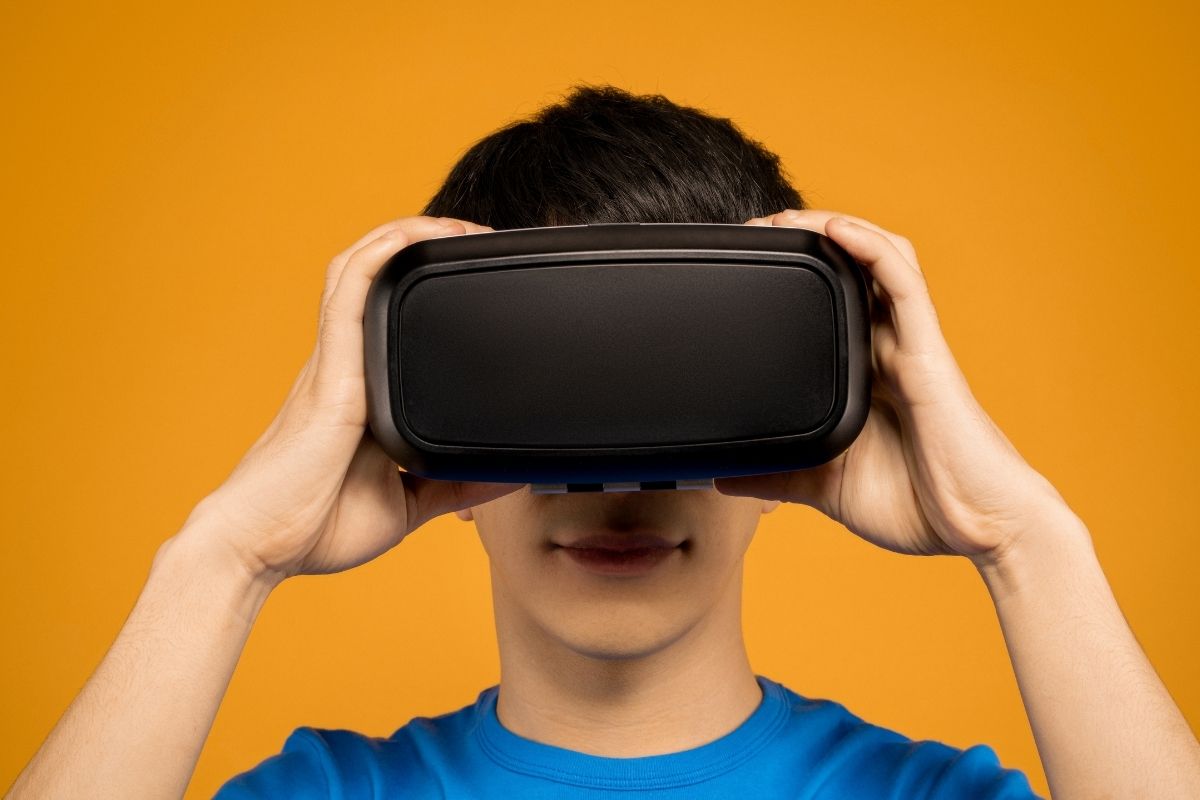As virtual reality gadgets become increasingly popular, so are smashed TV screens.
An increase in the use of VR headsets caused homeowners insurance claims linked to their use to skyrocket by 31 percent in 2021.
The most common reason people filed with their insurers was due to cracked television screens.
Virtual reality headsets have been growing in popularity in recent years, with a particular spike happening last December when they became hot gifts during the holidays. Christmas day 2021 broke records for downloads of apps relating to the gadgets. As the metaverse has become a regular topic and more games are released with VR compatibility, consumers want in on the experience.
Unfortunately, while they are lost in the virtual world, they often forget what is going on in the real world around them. This has been leading to home contents insurance claims. Electronics such as TVs have been at particular risk of being smashed by virtual reality headset wearers.

From 2016 to 2021, Aviva recorded a 68 percent increase in insurance claims relating to VR headsets.
The UK insurance company also noted that the average payout for a filing resulting from the use of virtual reality devices was $882 (£650).
That said, while 2021 saw a record number of payouts on homeowners’ policies due to damaged property linked to virtual reality headset use, the devices are still getting more popular this year. As a result, the claims have already started this year, and it is likely that as the headsets continue selling, so will the filings continue to be made.
In fact, after Christmas, the number rose over what it had been the year before at the same time. This suggests that 2022 might break yet another record for payouts made as a result of virtual reality device use.
“These devices can be a great source of fun, but we’d encourage people to be mindful of their surroundings and take a look at their home insurance to make sure it suits their needs,” said Aviva property claims director Kelly Whittington in a recent UK media report on the VR-related insurance claims.


